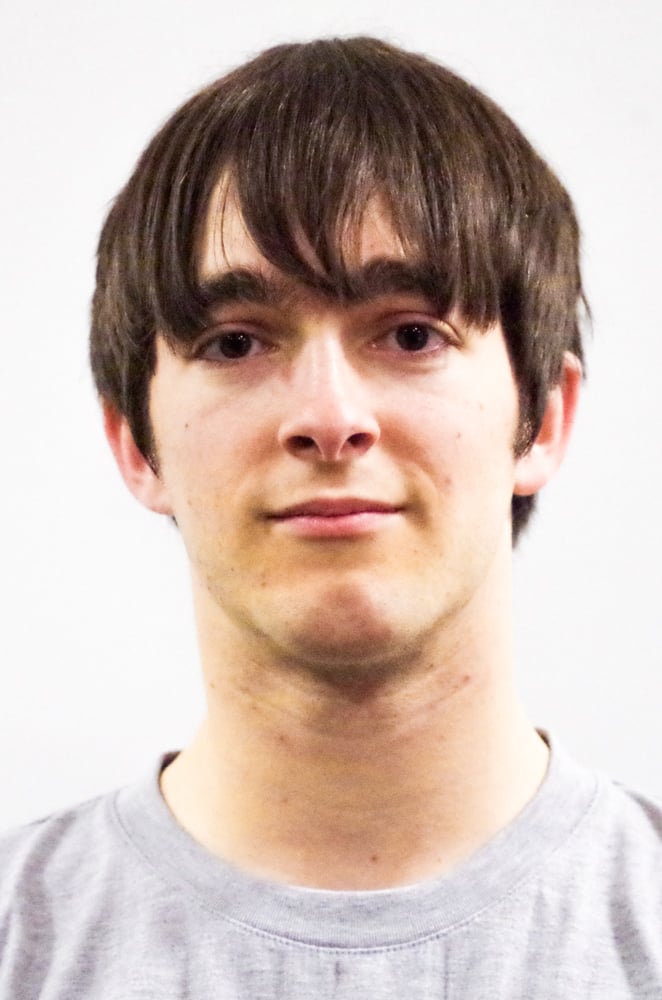There is something starkly impressive in the Venezuelan government’s accomplishment, in the ideological construction of an alternate universe so thoroughly divorced from reality and yet so thoroughly integrated into the political fabric of the country.
The Venezuelan economy is not on the brink of collapse because of covert “economic warfare” carried out by a shadowy “oligarchy,” as the government’s alternate universe would have it, but because of spectacular financial mismanagement, corruption and a stridently antagonistic approach to private industry and international trade.
The Venezuelan political opposition is not “ultrarightist,” and certainly not “fascist”—indeed, the scrupulously moderate former presidential candidate Henrique Capriles is the grandson of Holocaust survivors—and opposition leader Leopoldo López is not a CIA agent just because he attended an American graduate school.
Student anti-government protests that began several weeks ago and escalated on Feb. 12 are not “fascist violence,” and the few remaining independent media outlets that dare to cover them are neither “inciting hatred” nor “advocating a coup.”
But what Colombia’s NTN—the only television channel broadcasting the protests live, rewarded for its courage by being blocked from all Venezuelan televisions—and the thousands who have taken to social media with their stories and pictures are doing is telling the truth. And in a Venezuela with constant and debilitating shortages of everything from toilet paper to newsprint, the truth may be the scarcest commodity of all.
Current Venezuelan President Nicolás Maduro took over after the death last year of his mentor Hugo Chávez. Between them, the United Socialist Party has controlled the country for 15 years, slowly ratcheting up the state monopoly on goods and information. (Globovisión, the last independent TV station based in the country—whose existence gave many Venezuelans hope that the truth would not be smothered completely—was forced into submission a few months ago.)
Indeed, 15 years is long enough that opposition to Chávez and Maduro’s self-styled “Bolivarian” regime has undergone a full generational cycle—and veterans of the 2002 protest movement that came nearest to ousting Chávez say that the students now protesting in the streets of Caracas have yet to learn the lessons of that earlier attempt.
The criticisms leveled against the new generation of protesters by the older generation are often harsh and can easily sound bitter. “The one thing Chavismo can’t do without is an enemy” is point one of a list of “seven lessons today’s students are eventually going to figure out,” and “you are the perfect enemy: seriously, you tick all the boxes” is point two.
For the generation that learned from the failure of the 2002 protests that revolution should be pursued moderately, slowly and constitutionally—above all, through the successive presidential bids of Henrique Capriles, who lost last year’s election by only 1.5 percent—the very fact that the economic crisis on whose brink Venezuela has stood for years has now palpably arrived means that now is not the time for protests. The government is looking for scapegoats more urgently than ever and, had they not been forthcoming, might have been forced over the next few months to accept an even greater share of blame for the economic disaster.
But asking young people who share your indignation at Bolivarian dictatorship and your vision for a better Venezuela not to take to the streets and say so is still a little presumptuous, even if you justifiably believe that protesting now is counterproductive. Today’s students have known nothing but Chavista government and heard nothing of protest for nearly 12 years, but even though they are told that “now is not the time,” they refuse to wait for a third Capriles candidacy in 2018 that, they’re assured, will finally be the one that makes it.
With last Wednesday’s deaths of two student protesters (almost certainly at the hands of plainclothes government militia groups known as colectivos and followed by three more in recent days) and credible reports of indescribably brutal police torture of those who were merely arrested, the time has passed for second-guessing. The government still has a monopoly on the airwaves, the store shelves and the foreign exchange markets, but they have lost exclusive claim to the title of martyr.
I harbor few illusions that the present protests will bring about the collapse of the regime of media disinformation that blankets Venezuela with lies, let alone the government of Nicolas Maduro and his battle-hardened Bolivarian coalition.
But on Tuesday when Leopoldo López—the unflappable opposition leader and Capriles rival who has thrown in his lot with the students—stood up on a statue of Jose Martí, addressed the crowd and turned himself in to waiting National Guard troops, I knew his vision of a “free and democratic Venezuela” was within reach.
And it is worth remembering, as López said on Tuesday, that “the Venezuelan people are suffering long lines and shortages and young people have no jobs and no future” not by any fault of their own, and not only as a result of government incompetence, but“por un modelo equivocado” — because of a broken and misguided economic model “imported from abroad.” The global left may not be paying attention—but in Venezuela, its ideology has once again built a teetering monstrosity.
Contact James Bradbury at [email protected].
